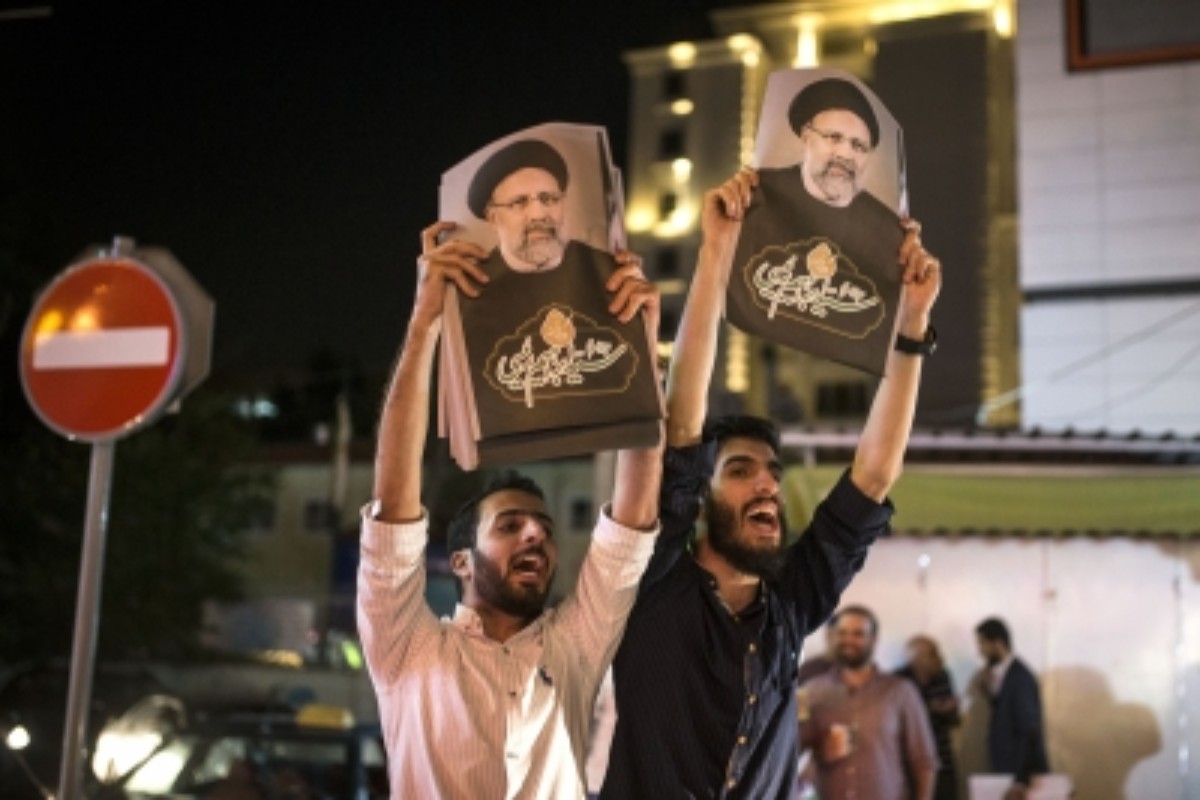Iran’s choices
The tragic death of President Ebrahim Raisi in a helicopter crash has thrust Iran into a period of intense political upheaval and uncertainty.
The US and Iran have had six rounds of indirect negotiations in Austria’s capital Vienna since April 6 aimed at restoring the nuclear deal.

US National Security Advisor Jake Sullivan has downplayed the impact of Iran’s President-elect Ebrahim Raisi on Tehran’s decision over the 2015 nuclear deal.
Raisi, the incumbent Chief Justice of Iran, won the presidential election held on June 18 by a landslide. Seen as a hardliner by the West, he will assume office in August.
Advertisement
“Whether the President is person A or person B is less relevant than whether their entire system is prepared to make verifiable commitments to constrain their nuclear program,” Xinhua news agency quoted Sullivan as saying in an interview with ABC News on Sunday when asked about the implication of Raisi’s election.
Advertisement
“What I would say is that the ultimate decision for whether or not to go back into the deal lies with Iran’s Supreme Leader (Ayatollah Ali Khamenei),” he added.
“He was the same person before this election as he is after the election.”
Sullivan noted that Washington and Tehran remain divided over how to achieve a mutual return to compliance with the nuclear deal, formally known as the Joint Comprehensive Plan of Action (JCPOA).
The US and Iran have had six rounds of indirect negotiations in Austria’s capital Vienna since April 6 aimed at restoring the nuclear deal.
“What I would say is that there is still a fair distance to travel on some of the key issues, including on sanctions and on the nuclear commitments that Iran has to make,” he said.
“But the arrow has been pointed in the right direction in terms of the work that’s getting done in Vienna,” he continued.
“We will see if the Iranian negotiators come to the next round of talks, prepared to make the hard choices.”
The US government under former President Donald Trump withdrew from the JCPOA in May 2018 and unilaterally re-imposed sanctions on Iran.
In response, Iran gradually stopped implementing parts of its JCPOA commitments from May 2019.
Advertisement